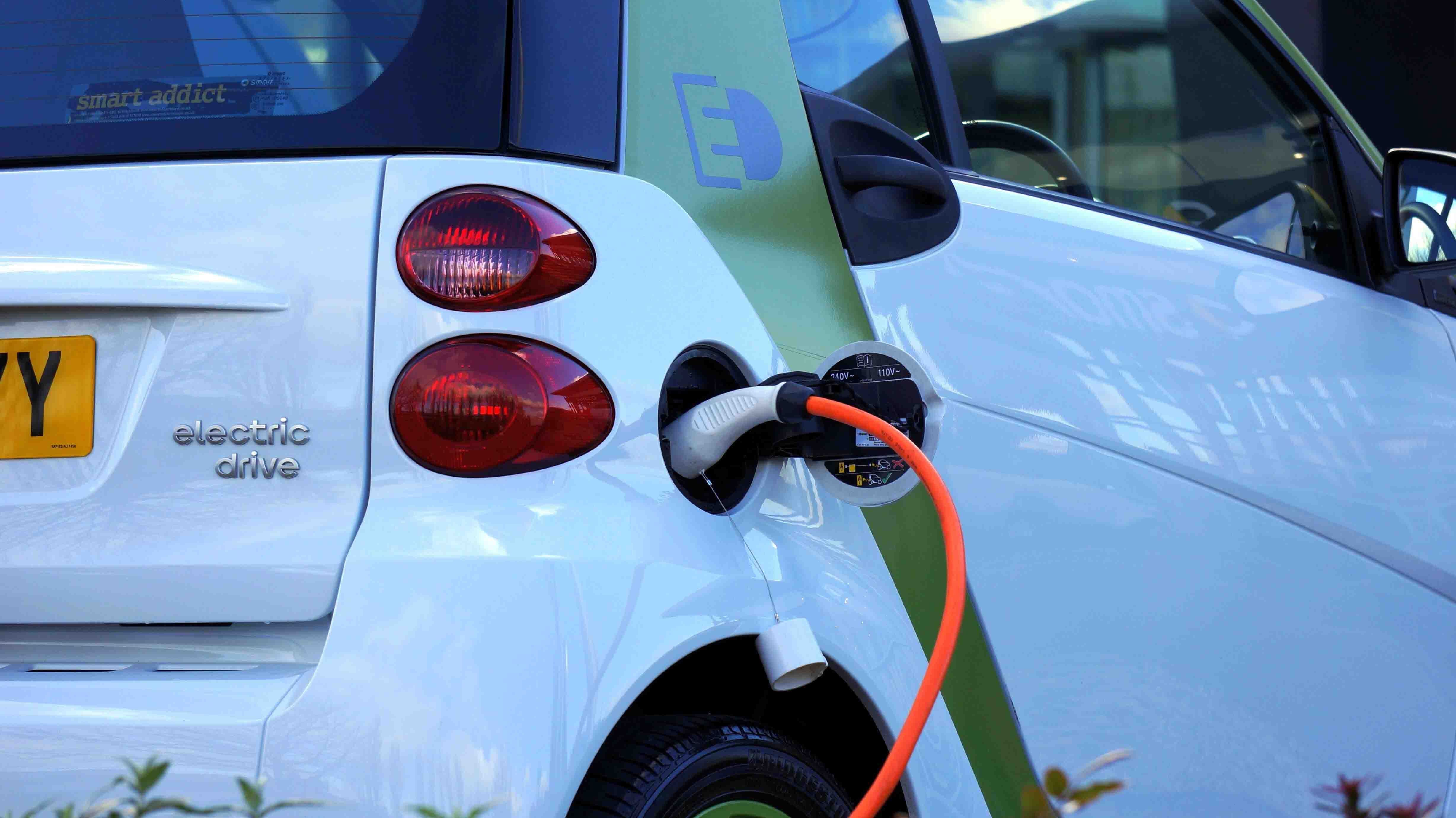On March 25, 2025, BYD hosted an investor communication meeting in Hong Kong, announcing a 2025 sales target of 5.5 million vehicles, including over 800,000 units from overseas markets. Chairman Wang Chuanfu said the company aims to fully deploy its intelligent solutions globally between 2026 and 2027, highlighting safety as a key competitive edge alongside its electrification strategy.
In the first half of 2025, BYD's overseas passenger vehicle sales continued to gain momentum, with a more diversified export footprint. Several countries reached record-high volumes, while Israel made its debut in the top 10—underscoring the company's accelerating global expansion. Through a coordinated technology roadmap, agile policy alignment, and targeted product execution, BYD is shaping a more resilient and competitive presence in global markets.
Here are the top 10 destination countries by BYD passenger vehicle exports in H1 2025, with detailed data:
Brazil: 28,013 battery electric passenger vehicles and 49,891 plug-in hybrid electric passenger vehicles, totaling 77,904 units
Belgium: 38,809 battery electric passenger vehicles and 28,918 plug-in hybrid electric passenger vehicles, totaling 67,727 units
Mexico: 27,915 battery electric passenger vehicles and 39,038 plug-in hybrid electric passenger vehicles, totaling 66,953 units
UK: 20,271 battery electric passenger vehicles and 13,677 plug-in hybrid electric passenger vehicles, totaling 33,948 units
Turkey: 10,695 battery electric passenger vehicles and 15,948 plug-in hybrid electric passenger vehicles, totaling 26,643 units
Indonesia: 20,379 battery electric passenger vehicles
Australia: 13,997 battery electric passenger vehicles and 6,208 plug-in hybrid electric passenger vehicles, totaling 20,205 units
Spain: 10,477 battery electric passenger vehicles and 7,753 plug-in hybrid electric passenger vehicles, totaling 18,230 units
Philippines: 3,554 battery electric passenger vehicles and 9,599 plug-in hybrid electric passenger vehicles, totaling 13,153 units
Israel: 4,500 battery electric passenger vehicles and 6,097 plug-in hybrid electric passenger vehicles, totaling 10,597 units
In the first half of 2025, BYD exported 49,891 plug-in hybrid electric passenger vehicles to Brazil, surpassing the 28,013 battery electric vehicles (BEVs), for a total of 77,904 units—making Brazil the company's largest overseas market for passenger vehicles. Plug-in hybrid electric vehicles (PHEVs), which combine electric driving with flexible refueling, proved well-suited to Brazil's energy landscape, where ethanol-blended gasoline remains prevalent. They also addressed challenges such as long-distance travel and limited charging infrastructure.
Following Brazil's reintroduction of import duties on new energy vehicles (NEVs) in 2024—set to increase annually every July—BYD accelerated its shipments to ensure the bulk of deliveries arrived before the new tariffs took effect. In Mexico, BYD exported 66,953 vehicles, with PHEVs accounting for the majority at 39,038 units. Overall, PHEVs have gained broader acceptance than BEVs across Latin American markets.
Belgium ranked second with 67,727 units exported. As a major automotive distribution hub in Europe, Belgium offers efficient port operations and a well-developed logistics network, serving as a strategic gateway for Chinese brands like BYD to expand their presence across the continent. In contrast, the UK saw more balanced shipments, with 13,677 PHEVs and 20,271 BEVs exported, totaling 33,948 units.
Indonesia and the Philippines ranked sixth and ninth respectively, with 20,379 and 13,153 units exported. All shipments to Indonesia were BEVs, driven by the government's strong push for electrified public transport and ride-hailing fleets, as well as infrastructure that favored BEVs. The dominance of short-distance travel also shaped local demand.
In February this year, the Indonesian government introduced supportive measures offering tax incentives to Chinese automakers like BYD, aiming to attract them to localize production and accelerate the growth of the country's EV manufacturing capacity. Leveraging this policy window and a well-positioned product lineup, BYD rapidly expanded its footprint in emerging Southeast Asian markets. On July 26, BYD officially launched the ATTO 1 (the overseas version of the Seagull) in Indonesia, a move expected to further boost its market presence.
In both Israel and Spain, BYD exported over 10,000 units, with a relatively balanced mix of BEVs and PHEVs. Israel entered the top 10 for the first time in 2025, with 10,597 units shipped. The country had been gradually refining its carbon and green tax systems, introducing higher purchase taxes and "green fines" on high-emission vehicles to drive demand for low-carbon and clean energy models. This performance underscored Israel's growing acceptance of NEVs—particularly those from Chinese brands.
Overall, BYD's success in overseas markets stemmed from its deep understanding of each country's energy mix, infrastructure development, and consumer behavior. By adopting a dual-track strategy of both BEVs and PHEVs, the company effectively addressed diverse market needs and built a clear path for global market penetration.



